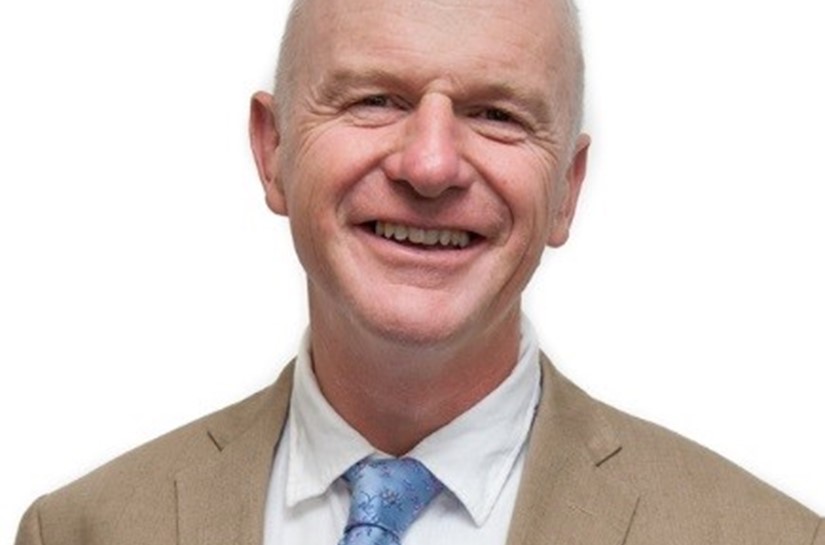Professor Joe Howe, Executive Director of the Thornton Energy Institute, University of Chester, and Chair of the North West Hydrogen Alliance
British Science Week is a great opportunity for us to remind the world about the scientific pedigree in the UK. For me, science is taking a challenge, working it through, and coming up with a solution, and we have a long history of this, especially in the North West.
At Peel NRE’s Protos, this is exactly what is happening. Whether it’s reliable low carbon energy for industry, or bringing together organisations that can sustainably deal with different types of plastic waste, the challenges facing society are being solved through innovative new technologies.
The partnership between Protos and Thornton Science Park is a perfect example of how industry and research & development can work together to tackle climate change. Take Powerhouse Energy. The waste plastic to hydrogen technology was developed at Thornton Science Park, and will now be commercialised by Powerhouse Energy at Protos. It will help to tackle two challenges we’re facing right now: how to deal with waste plastic, and how to fuel the Net Zero future. It will take plastic that has reached the end of its life, and turn it into hydrogen which can be used as a clean fuel for cars, buses and HGVs, helping to improve local air quality.
The occupiers based at Protos have the benefit of cutting-edge academic research, and innovative ideas from our students. And then from our perspective, our students can gain real-world experience that will help them in the job market, and they are close to the industries they could make their careers in. We have seen multiple graduates go on to jobs with our partners, including at Peel NRE.
Locating at Protos also provides businesses with access to Thornton’s world-class facilities and ‘incubator’ spaces where innovative enterprises can develop, and they can locate their offices a stone’s throw away at the Thornton Science Park.
The way I see it, in academia, we develop and refine the science, and it’s up to companies to commercialise it and integrate it into the wider landscape. However, this is most effective when the two parties work together.
This partnership means Protos and Powerhouse Energy have access to our rigorous research, and our students have access to world-leading technology. That wouldn’t be possible for most other university students. Working together really does benefit everyone involved. In the future, we could see more university courses where industry and academia work together, attracting people to exciting careers in the Net Zero sector.
I hope that British Science Week will help us showcase what can happen when industry and academia work together. Science has a big role to play in decarbonising industry, and we’re seeing this at Protos. As our professional relationship grows, there’s no telling what advances will be coming next.
